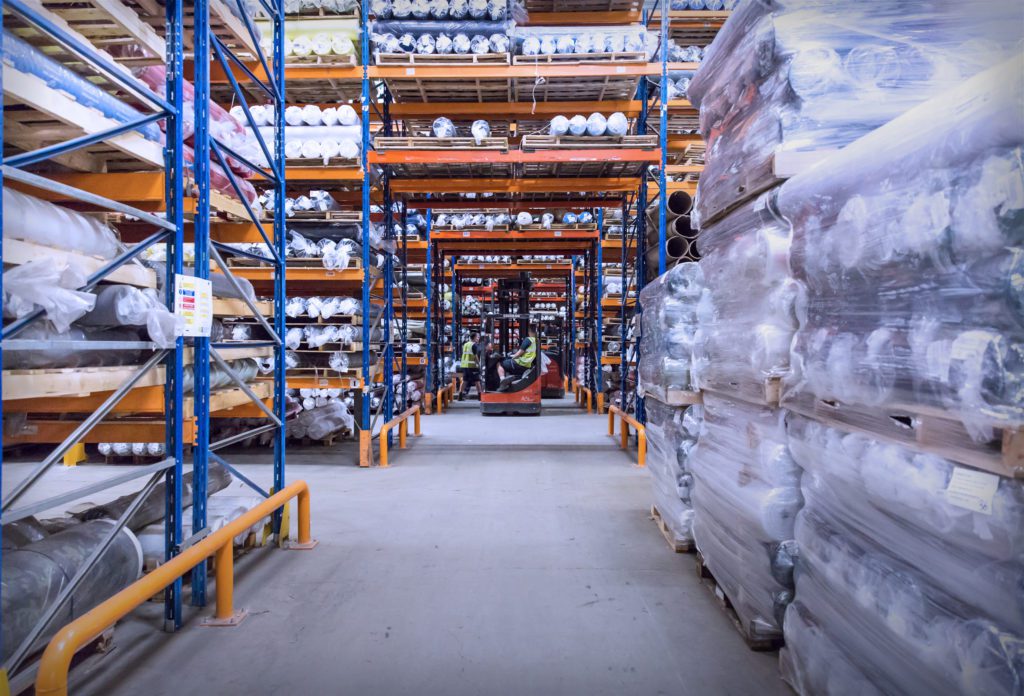LOUISE BECART
Project Engineer at
CARRINGTON TEXTILES’ main production facility PINCROFT
With a MEng in Engineering from Hautes Etudes d’Ingénieur in France, Louise’s experience includes working as a purchaser for both the fashion and manufacturing industries. Since joining Pincroft in 2016, Louise has applied her analytical skills to effectively reducing value loss across the Lancashire-based textile converting business and implementing process driven improvements. Recently, she has created visual tools and improved data capture to identify value added opportunities.
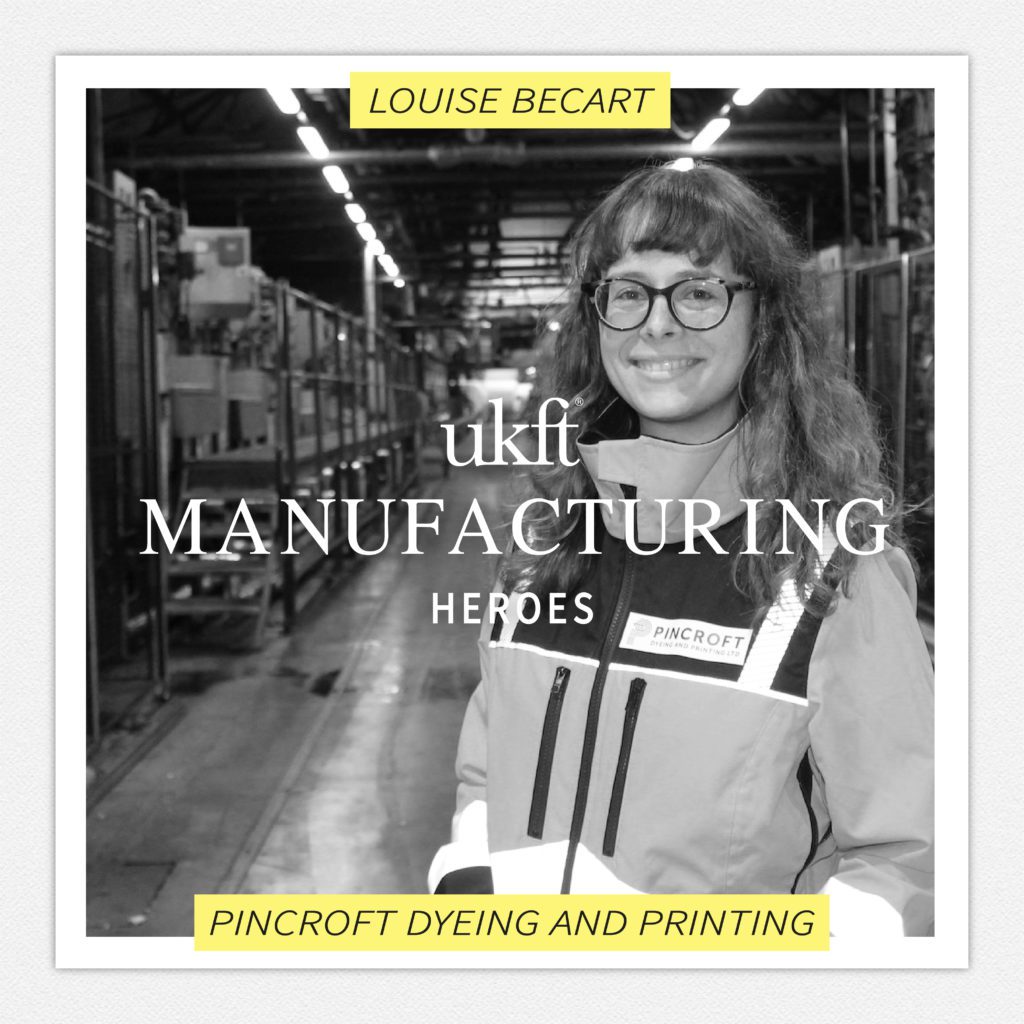
Louise Becart is originally from Lille in France and following a Masters in Engineering, came to Manchester in 2012 to study textile technology at the University of Manchester.
“It was only supposed to be for one year but I never left,” she says. “Lille is actually very similar to Manchester with the climate and both being traditional textile cities.”
She joined Pincroft in 2016 working in various roles in quality, production and technical before commencing her current role two years ago.
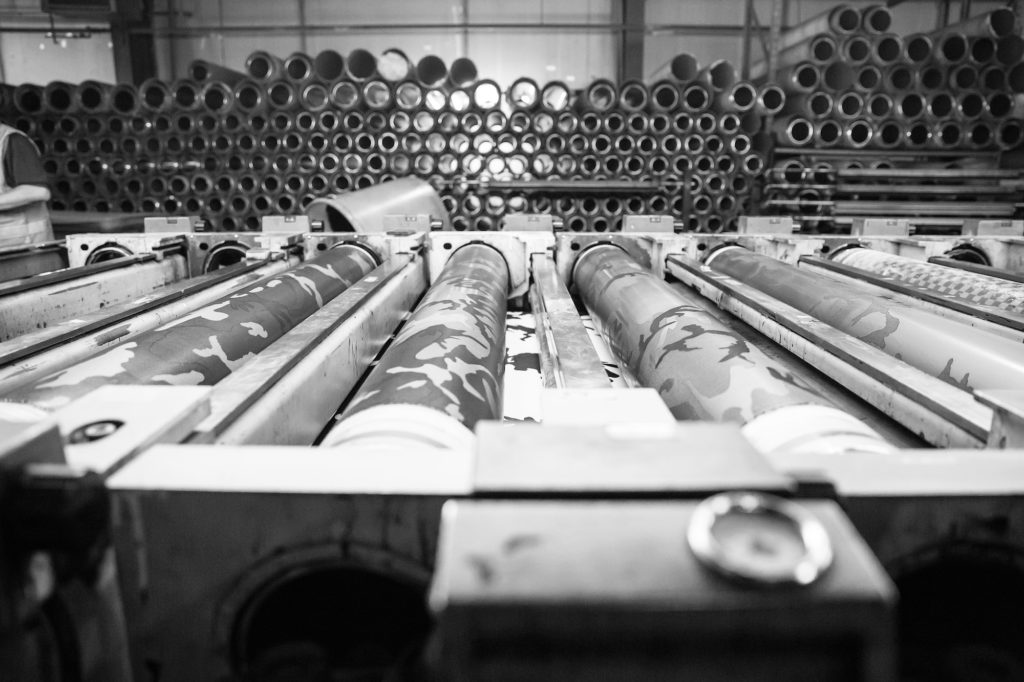
“The role of project engineer was something that was created for me as a natural transition of what I had worked on before,” she explains. “The business wanted me to be exposed to as much as possible so this was a logical move.”
Some of Louise’s projects include supervising the implementation of an ISO 50001 Energy Management System and the deployment of in-house energy data collection and analysis system, which resulted in a 94% reduction in weekend energy costs and 29% reduction in weekday energy costs. She has also worked on the creation of PowerBi dashboards monitoring real-time production data, efficiencies, energy consumption and associated costs, as well as P&L analysis and production costs monitoring.
Pincroft has approximately 150 employees on two shifts at the site in Chorley, Lancashire. There is another project engineer in the business but they mainly work on different projects so it is largely a standalone role.
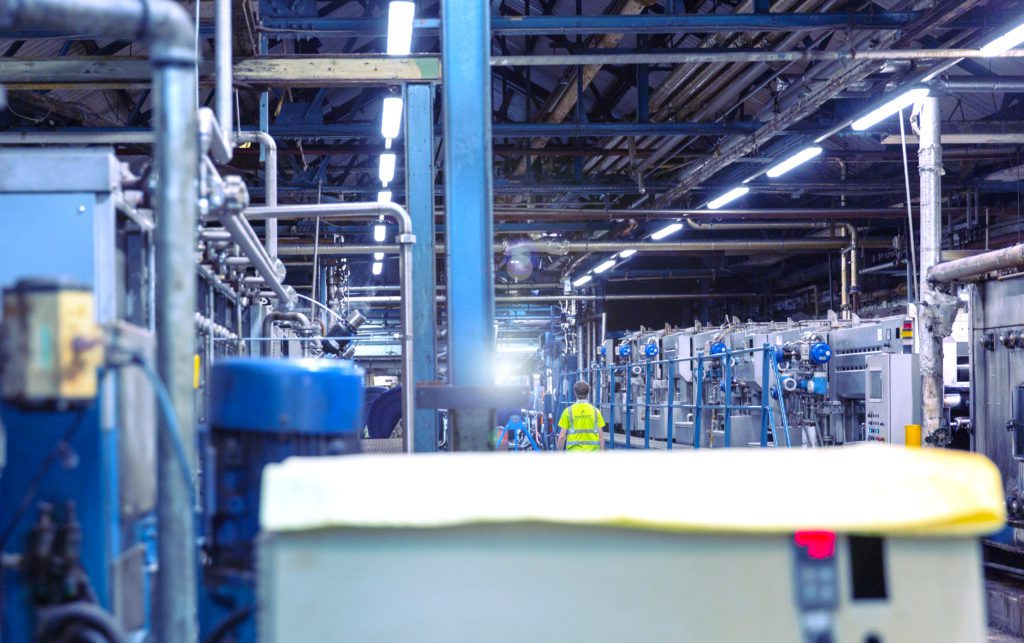
A typical day for Louise would start with issuing the data for the day before, including projection data and energy consumption, for the production meeting. She does a lot of costings, working on pricing and quotations with the sales team for new products or lines. Projects can range from working on the capex for a new piece of equipment through to forward planning.
“I do a lot of analysis and forward projections on where we think we’re going to be in the next three months, year or five years,” she explains. “It is about taking more of a scientific look at forward planning for the business, although I am still involved in the day to day running.”
Pincroft typically supplies customers in the rail, gas, medical, military and hospitality industries, covering workwear and uniforms among many other things.
The company produces a lot for the NHS so when the UK went into lockdown last year, it was one of the company’s busiest times. Then once the firm has restocked the NHS, it got quieter before ramping up again in September as customers came back on stream.
“I like the variety of my role and being exposed to the different areas of the business, which allows me to get an understanding of each area and how the business functions and thrives,” she says. “My geeky side also really enjoys the number crunching and diving in to the data to find solutions. It is always fast paced and there is always something happening.”
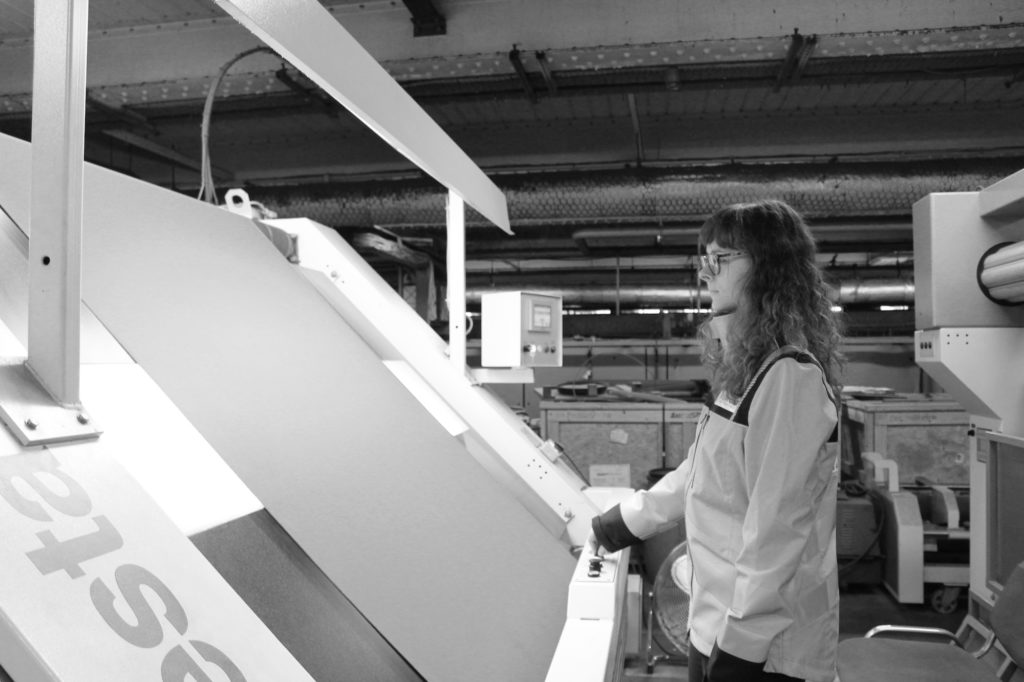
At the moment, the biggest thing Louise is working on is looking at where the firm best utilises its capacity.
“I’m looking at the kind of business do we need to go after to make sure our underutilised assets are performing well and how to make sure we don’t overutilise the ones that are already at capacity. I help to make the best use of what we have and identify where the opportunities are.”
She enjoys juggling various projects at the same time and the sense that by presenting the right data in the right way, she can have an effective impact on the future of the company.
“I like being able to make improvements based on data and facts,” she says. “We still have a lot to improve to get better insights from our data but being on that journey makes it interesting. It’s not like I’m working on something where all the systems are in place.”
For someone looking to follow in her footsteps, Louise advises you should be curious and ask lots of questions.
“Get out of your comfort zone, go on the shop floor and speak to the people. The textile industry is not known for being very young, but these people have experience and you can learn a lot.
“What really helped me was coming with an open mind to learning but bringing fresh ideas. I really try to stay on top of what’s happening in other industries to see how we can adapt them in our workplace. This means reading the press to see what’s happening elsewhere in the textile world and asking could we do that? I like to get in touch with our machinery manufacturers to find out what new software or developments they are releasing.
“With textiles, you see something that’s happening in fashion and ask, could we apply this to our processes?”
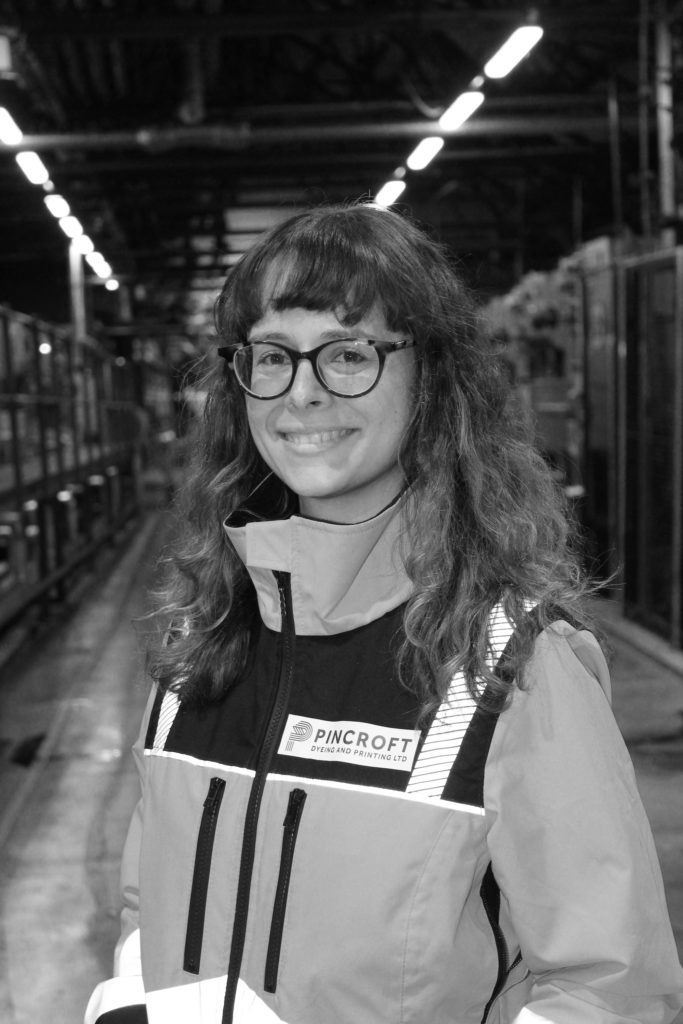
Working in the UK textile industry has been a really positive step for Louise, both as a new starter and a female.
“Pincroft and Carrington have been really great for me,” she says. “They are always trying to push me and have been very supportive. In general, the workforce is ageing so there is a real need to bring new blood in. When I first started at the firm, we had a photoshoot of new starters aged under 30 and there were only about a dozen of us but Pincroft and Carrington realised they needed to bring new people in so there are a lot more now.”
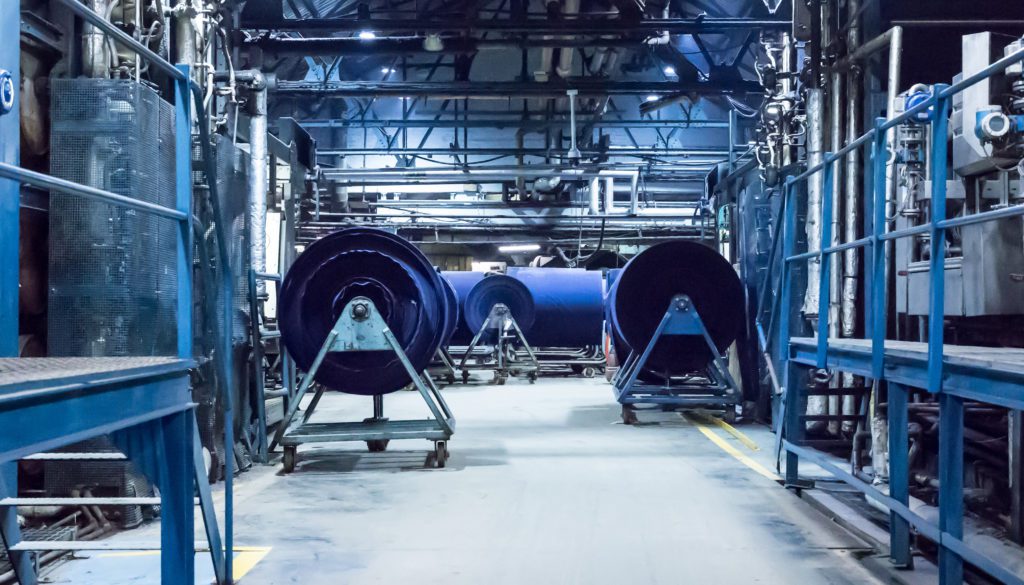
She is currently pregnant with her first child so is looking to her future in all sorts of ways but is very focused on what she wants from her career.
“It took me a long time to get here and I really enjoy my role. Ultimately I’d like to go into plant management or operations management, which feels like a natural progression from where I am now.
“It’s an exciting time for the textile industry which is changing a lot. The industry is trying to renew itself with new machinery and new processes in technical textiles and beyond. It’s fascinating to be a part of it.”

